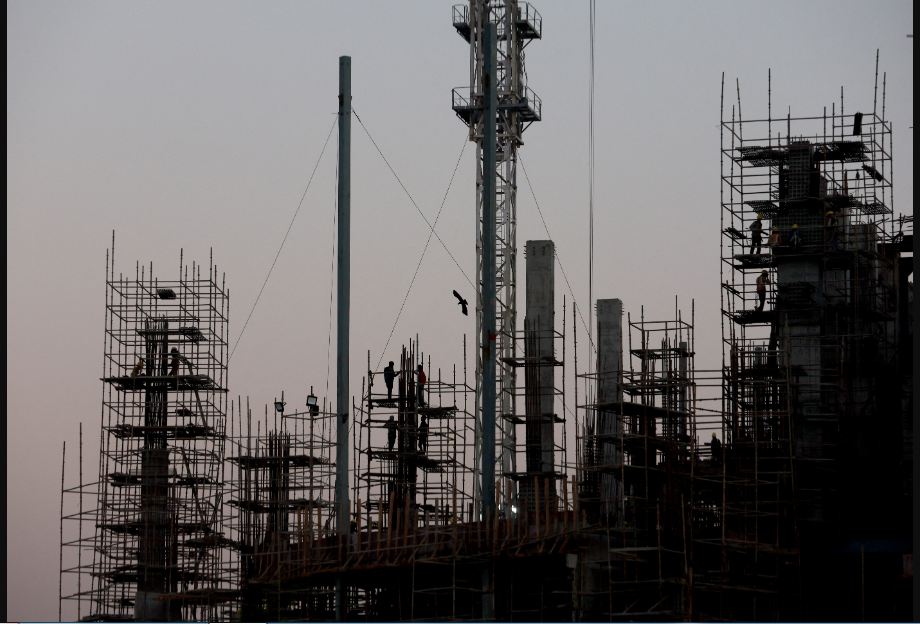JPMorgan sees India in its top 3 fastest-growing Asia markets in 2024
Mumbai (Reuters) – India could be among the three fastest growing markets for JPMorgan in the Asia Pacific region next year, alongside Australia and Japan, said a top official at the Wall Street bank.
“People are starting to get excited about the whole China plus one element and while other countries have benefitted, India could be the largest beneficiary,” said Filippo Gori, JPMorgan’s CEO for Asia Pacific told Reuters, referring to a strategy for businesses diversifying supply chains beyond China.
This is because India has the scale to absorb part of the supply chain that many companies around the world are looking to move, he said in an interview in Mumbai.
Global corporations like Apple Inc have stepped up production out of India while others like Tesla are in discussions to begin manufacturing in the country.
Asia’s third largest economy is seen growing 6.5% in the financial year ending March 31, 2024 – the fastest among major economies – and is trying to attract global corporations, including by offering tax and other incentives.
“It seems to me that the one component that is missing (in India) is more organized infrastructure, which is more scattered and less uniform than in China,” said Gori, who sees low-end manufacturing moving out of China but not high-end manufacturing yet.
Deal volume for JPMorgan, across mergers and acquisitions, equity and debt fund raising, has been weak across the region this year and India has not been an exception despite the excitement.
“But the level at which enquiry and activity is picking up in India in substantial,” Gori said.
JPMorgan has expanded its investment banking team in India, adding two senior managing directors in the last 12 months. It has also grown its commercial banking division, which is focused on mid-sized companies, over the last five years. Alongside, it has grown its corporate centre business, which handles offshoring related work, to a workforce of 50,000 now from 35,000 in 2018.
Commenting on the impact of the slowdown in China and flux in its markets, Gori said the bank had not seen a sharp slowdown in business volumes in the market yet.
“I think we need to distinguish between the headlines and the day to day business because China has actually been exceptionally resilient.”
The bank’s primary client base is international companies operating offshore in China and that business has not been impacted by geopolitics, Gori said.
“I will not rule out that there could be activity coming out of China because clearly with an economy that is going through restructuring, some dealmaking activity could come up.”



